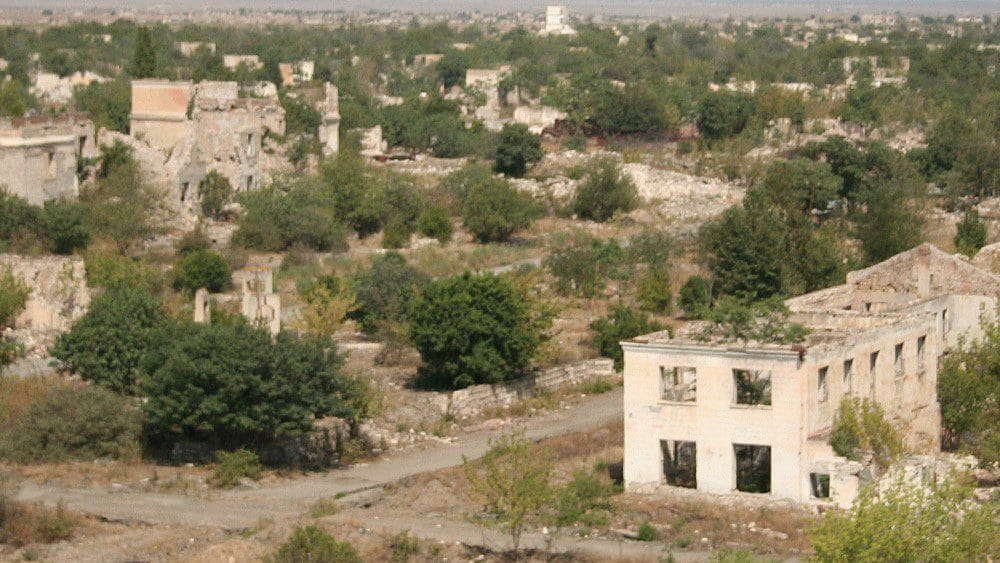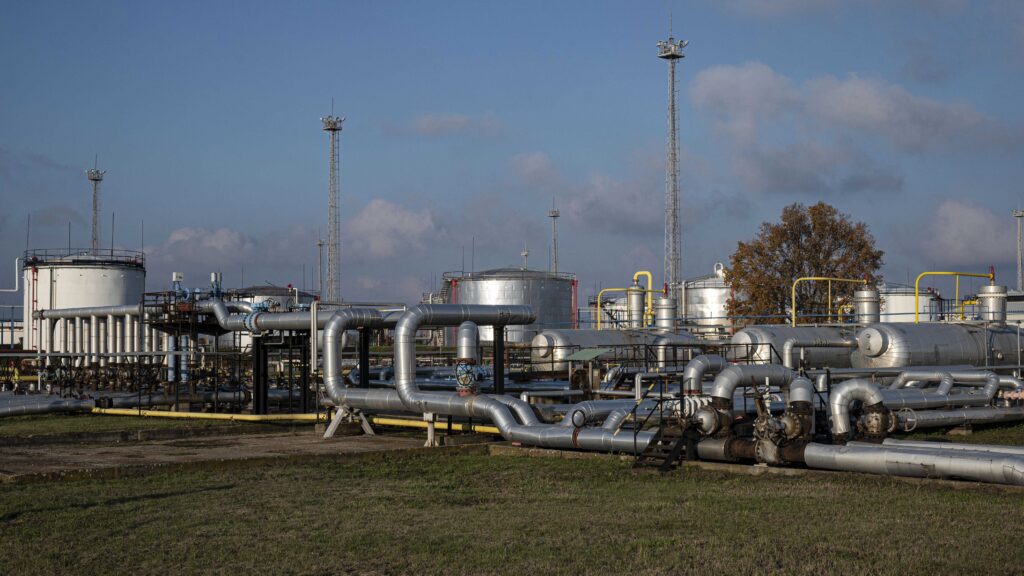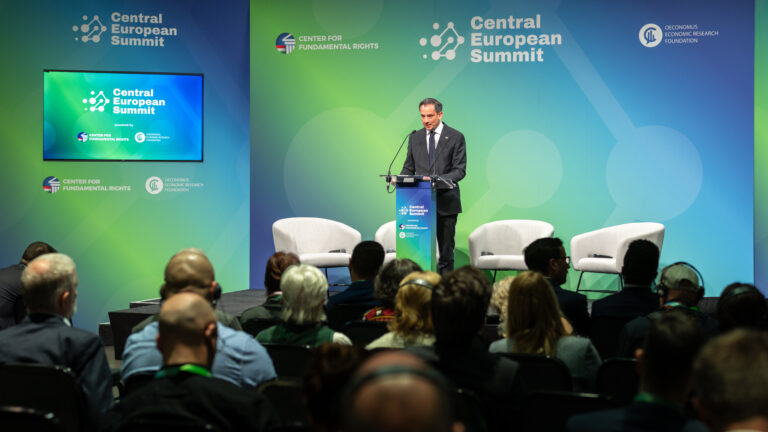The recently signed Hungarian-Azeri green energy deal had been long in the making. The agreement allows for the import of green electricity from Baku through Georgia and Romania to Hungary via a submarine transmission cable. The launching of the project was a priority for Hungary as, due to the war, the country’s energy dependence on Russia was exposed as a threat to economic stability.
As part of the process of enhancing economic collaboration between the two countries, cooperation between Baku and Budapest was raised to the next level by the signing of a declaration on enhanced strategic partnership. The declaration was finalised when Azeri President Ilham Aliyev visited Hungary in late January. Currently, around 3–4 per cent of the EU’s monthly energy use is provided by Azerbaijan. The plan is to double these imports by 2027 which will make the Central Asian country a significant player in European energy supply, as PM Orbán himself pointed out.
#Azerbaijan is our secret weapon for #diversification in the field of energy. Luckily, President Aliyev and I have been working on strengthening the cooperation between 🇦🇿 and 🇭🇺 for over a decade. It was great to welcome you in Hungary, @presidentaz ! pic.twitter.com/Gu7RzkwIec
— Orbán Viktor (@PM_ViktorOrban) January 30, 2023
Last Friday, on 17 February, after the ninth meeting of the Hungarian-Azeri Economic Cooperation Committee, Minister of Foreign Affairs and Trade Péter Szijjártó disclosed that there is another area where the two countries are increasing collaborative efforts. Else than the agreement about natural gas supplies, it has been agreed that Hungarian companies will participate in the reconstruction of Nagorno-Karabakh. In the Nagorno-Karabakh region, which was heavily impacted by years of war,
Hungarian companies will help develop infrastructure and improve healthcare and public services.
The Hungarian government has offered a €25,000 grant for demining the region, while Exim Bank opened a credit line for companies who wish to take part in the effort to rebuild the region.
The Beleaguered Region of Nagorno-Karabakh
Armenia de facto controlled the Nagorno-Karabakh region from the 1990s after winning a war against Azerbaijan. However, in 2020, in a 44-day war, Azerbaijan regained control over two-thirds of the region. As Nagorno-Karabakh has been internationally recognised as part of Azerbaijan for the last 30 years (although most of the 120,000 people living in the region are ethnically Armenian), Baku could frame the war as the ending of an occupation.
Both in the 1990s and in 2020, the ceasefire between the warring sides was brokered by Russia. Also, Russian peacekeeping forces were deployed to the strategically important Lachin corridor, a mountain road linking Armenia to Nagorno-Karabakh. A couple of months ago, however, as Russia got engaged in Ukraine, tensions were renewed between Baku and Yerevan. Currently, protestors that are believed to have close ties to the Azeri government are blocking the Lachin corridor, causing food shortages in the territories that are still controlled by Armenia. The blockade which started in early December 2022, and through which only Russian peacekeepers and aid are allowed to pass, is about to enter its third month, with no agreement in sight.








